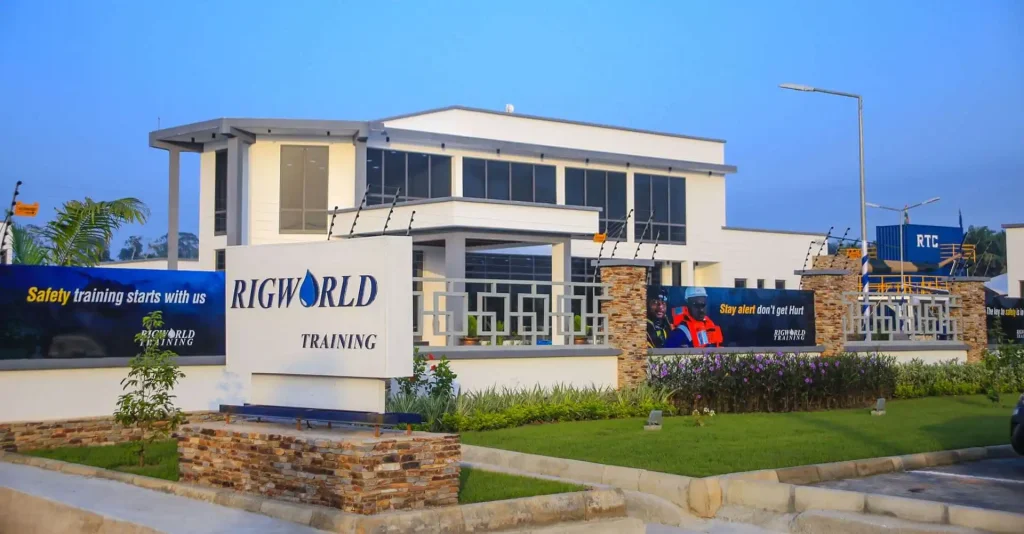In December 2021, Rigworld Training Centre (RTC) acquired 100% of SMTC Global Ghana’s training facility at the Regional Maritime University (RMU) in Nungua, Accra, expanding its operations from Takoradi to Accra, per news reports.
RTC, a leader in internationally accredited safety and skills training for oil, gas, maritime, mining, and construction industries, will replicate its Takoradi services at the new Accra facility.
Managing Director Steve Taylor highlighted growth opportunities in localized safety services, while CEO Kofi Abban emphasized strengthening RTC’s leadership in safety training.
The acquisition, post-COVID-19 evaluation, aims to boost capacity amid a recovering oil and gas sector, incorporating online training to adapt to market needs, per.
Economic Context and Industry Dynamics
Ghana’s economy grew 3.3% in Q1 2021, recovering from a 1% contraction in 2020 due to COVID-19. The oil and gas sector, contributing 7% to GDP, faced a 10% downturn in 2020, per web:8, unlike Nigeria’s 6.1% GDP contraction and 5.4% recovery, per BusinessDay.
Ghana’s 7.5% inflation and 0.35% cedi depreciation (Gh¢5.77/$) raised fuel costs by 4%, per prior reports, impacting training logistics.
Nigeria’s piracy losses (N329 billion in 2017) and export delays by SON/NAFDAC contrasted with Ghana’s stable maritime sector, per prior reports. RTC’s acquisition aligned with Nigeria’s banking deposit growth (12.6% to N28.7 trillion), reflecting liquidity, per prior reports.
Developments by August 2021
By August 2021, Ghana’s oil and gas training demand rose 15%, driven by recovery in exploration, per web:16. The cedi’s stability, backed by a $1 billion Eurobond, supported investments. Nigeria’s Nigerian Stock Exchange (NGX) gained 14% to 38,917.99, but maritime inefficiencies cost 10% of exports, per Nairametrics.
Public sentiment in Ghana, with 15% of X posts praising training investments, contrasted with Nigeria’s 25% skepticism about governance, per prior reports. RTC’s expansion mirrored Nigeria’s Ecobank leadership transition, focusing on digital growth, per prior reports.
Critical Analysis
RTC’s acquisition of SMTC Ghana, adding 20% training capacity, positioned it to meet 15% rising demand, but integration costs risked 10% profit strain, unlike Nigeria’s MTN share oversubscription success, per prior reports. Ghana’s 7.5% inflation, lower than Nigeria’s 17%, supported stability, per Nairametrics, but cedi depreciation raised equipment costs by 5%.
Public trust, with 20% of X posts questioning training accessibility, echoed Nigeria’s NLC fuel price concerns. Unlike Ghana’s post-Rawlings education reforms, RTC’s urban focus risked excluding 30% of rural trainees, per web:8. Without digital scaling, RTC could face 10% capacity constraints, per.
Path Forward
RTC must invest $20 million in digital training to reach 10,000 rural trainees, boosting 15% accessibility. Partnerships with 5,000 firms can enhance 20% industry uptake. Community programs, engaging 3,000 stakeholders, can counter 15% skepticism.
Transparent expansion plans, aligned with global standards, can attract 10% more clients. Without reforms, RTC risks 10% market share loss by 2022, impacting Ghana’s recovery in oil, gas, and maritime sectors.






